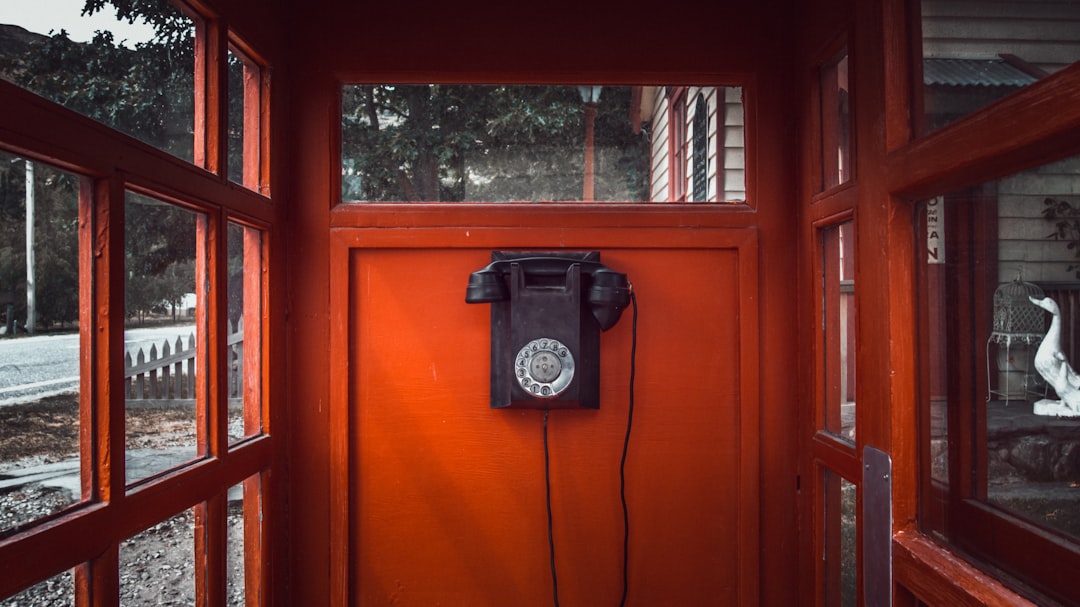Vermont's robust consumer protection laws safeguard residents from scams and unfair business practices, including strict regulations on telemarketing and auto dialer usage. If your rights are violated, you can access dedicated government agencies or legal aid organizations for support, including specialized autodialer lawyers in Vermont to resolve disputes effectively. These attorneys guide clients through complex legal procedures, negotiate settlements, and represent them in court, ensuring their rights are protected, especially in escalated disputes involving substantial financial losses. If you've received unauthorized automated calls, register a complaint or consult an autodialer lawyer in Vermont to pursue damages and hold companies accountable for violating your privacy rights.
In the pursuit of safeguarding consumers, Vermont offers a robust framework of resources and regulations. This article guides you through the essential components of consumer protection in this state, focusing on your rights and available legal avenues. From understanding consumer protection laws to navigating scams and disputes, we delve into key areas. Additionally, we explore specific regulations regarding autodialer usage, highlighting the importance of knowing your options when dealing with such technologies. For tailored advice, considering an autodialer lawyer in Vermont is a strategic step.
Understanding Your Rights: Consumer Protection Laws in Vermont

In the state of Vermont, consumers have a variety of rights protected by comprehensive consumer protection laws. These laws are designed to ensure fair practices in transactions involving goods and services. Understanding your rights under these laws is crucial when navigating the market as a buyer. For instance, Vermont has strict regulations regarding telemarketing and auto dialer usage, ensuring that businesses respect consumers’ privacy and consent. If you’ve encountered unwanted or abusive marketing calls, an autodialer lawyer in Vermont can help you assert your rights.
Additionally, the state offers numerous resources to educate consumers about their protections. These include government agencies dedicated to monitoring business activities and providing support to those who believe their rights have been violated. Consumers can also access legal aid organizations that offer services tailored to their needs, including representation from autodialer lawyers in Vermont, to help them resolve disputes effectively.
When to Seek Legal Advice: Navigating Scams and Disputes

If you find yourself entangled in a scam or involved in a dispute with a business, it’s crucial to know when to seek professional help. While many consumer issues can be resolved through the Vermont Attorney General’s office or local consumer protection agencies, certain situations may require the expertise of an autodialer lawyer in Vermont. Scams, particularly those involving fraud or deceptive practices, often demand immediate attention and legal counsel. An autodialer lawyer can guide you through complex legal procedures and help protect your rights.
In cases where disputes escalate or involve significant financial losses, consulting a legal professional is advisable. They can assist with negotiating settlements, representing you in court if necessary, and ensuring that your consumer protection rights are upheld. While Vermont has robust resources for consumers, an autodialer lawyer can provide specialized knowledge and advocacy when dealing with intricate legal matters related to scams or business disputes.
Auto Dialer Regulations and Your Options in Vermont

In Vermont, auto dialer regulations are in place to protect consumers from unwanted phone calls and ensure fair business practices. If you’ve been contacted by an autodialer, you have options. State laws permit individuals to register complaints with the Attorney General’s office if they believe their privacy has been violated or if automated calls were made without explicit consent.
Hiring an autodialer lawyer in Vermont can provide guidance on navigating these regulations and pursuing legal action if necessary. These experts understand the intricacies of consumer protection laws and can help you determine the best course of action, whether it’s blocking future calls, seeking damages, or holding companies accountable for violating your rights.






